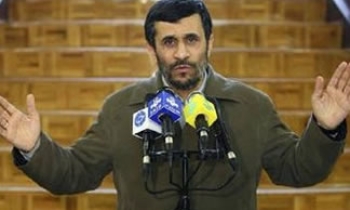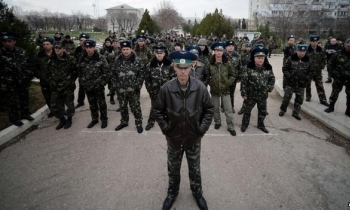BEIJING (Reuters) - The editors of a bold Chinese weekly purged by censors issued an impassioned call for free speech on Friday, but propaganda officials fought back by accusing them of insulting the country's ardent patriotism.
Propaganda officials said on Thursday that Freezing Point, a weekly section of the China Youth Daily that specialised in exposing official corruption and misrule, could revive after being closed down on January 24.
But the officials said they would remove its editor Li Datong and deputy editor Lu Yuegang, who had turned the section into a standard-bearer for combative journalism in China's heavily censored press. They will be sent to a research office.
In a statement issued to journalists in Beijing on Friday, Li and Lu decried the decision to revive a "bogus" Freezing Point and called for free speech at a time when China's media controls have provoked public criticism even from former propaganda officials.
"What do the people want? The freedom of publication and expression granted by the Constitution," they wrote.
"They've hung up a sign saying Freezing Point, but squeezed out Freezing Point's soul," the also wrote.
But an official from the State Council Information Office, which speaks on behalf of the government, defended the "reorganization" of the weekly, saying an essay it published on January 11 provoked popular patriotic anger.
In that essay a senior Chinese historian, Yuan Weishi, criticized Chinese history textbooks for concealing the brutality and fanaticism of the anti-foreign Boxer Rebellion that swept China in the early twentieth century.
The Boxer Rebellion is treated in Chinese textbooks as a forerunner of the Communist Party's combination of anti-imperialism and popular justice.
The official said the "reorganization" of Freezing Point was justified by vehement popular criticism of the essay.
Yuan's essay "negated the Chinese people's century-long struggle against invasion, gravely violated historical facts, and severely hurt the national feelings of the Chinese people, creating malicious social consequences," she said, reading a prepared statement to Reuters.
"Large numbers of readers and internet users strongly criticized the China Youth Daily" and officials in charge of the paper decided to shut down the section "to help the newspaper strengthen oversight of its sections," she said, adding the section would restart by March 1.
Li, the editor, told Reuters that he believed Yuan's essay was the censors' excuse to move against Freezing Point, which long rankled officials with its exposes of corruption and veiled calls for political change.
The closure of Freezing Point followed after censors dismissed editors from three other sometimes adventurous newspapers. This week, a group of retired senior officials and scholars, including the late Mao Zedong's former secretary, Li Rui, denounced the closure and call for the Communist Party to ease censorship.
Li and Lu also said conflict between party control and forces for more open expression will continue.
"We are convinced that no arbitrary power can kill the desire for and pursuit of freedom in all humankind, including China," they said in their statement.









